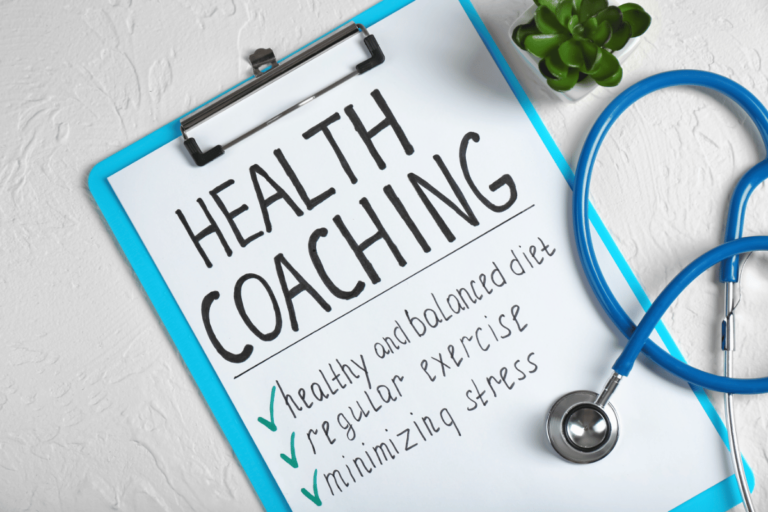How to Be More Discerning in Assessing Health Information Online
Are you confident in the accuracy of the health information you come across online? With the overwhelming amount of data available, it can be challenging to separate fact from fiction.
However, there are essential strategies you can employ to navigate this digital landscape effectively. By honing your skills in evaluating sources, fact-checking, identifying biases, and seeking professional guidance, you can enhance your ability to make informed decisions about your health.
But how can you guarantee your online health information is reliable and trustworthy?
Key Takeaways
- Evaluate sources for credibility and balance.
- Prioritize fact-checking and cross-referencing.
- Understand biases, conflicts of interest, and affiliations.
- Consult healthcare professionals for personalized guidance.
Evaluating Credibility of Sources
When evaluating health information online, it's important to carefully evaluate the credibility of your sources to guarantee accuracy and reliability. Developing strong critical thinking skills is essential in identifying red flags that may indicate unreliable information. One red flag to watch out for is sensationalized or exaggerated claims that seem too good to be true. Reliable sources tend to present information in a balanced and evidence-based manner, so be wary of websites or articles that lack citations or references to support their claims.
Another important aspect of evaluating credibility is considering the expertise of the author or organization providing the information. Look for credentials, affiliations with reputable institutions, or a history of publishing reliable health information. Be cautious of sources that seem biased or have a clear agenda, as this can impact the accuracy and objectivity of the information presented.
Fact-Checking Information
To confirm the accuracy of health information you encounter online, it's important to prioritize fact-checking to verify the validity of the content. Cross-referencing sources is a critical step in fact-checking.
When you come across health information, especially if it seems questionable or too good to be true, look for the same information on multiple reputable websites or consult with healthcare professionals to confirm its accuracy. Verifying accuracy involves checking the credentials of the author or organization sharing the information. Make sure they're qualified and trustworthy sources within the healthcare field.
Additionally, fact-checking involves looking for citations and references within the content. Reliable health information should be supported by scientific studies or credible sources. If the information lacks proper references, it may be a red flag for its accuracy.
Understanding Biases and Conflicts of Interest
Understanding biases and conflicts of interest is essential when evaluating health information online. In a world where misinformation can easily spread, being able to identify red flags and exercise critical thinking is pivotal. Here are three key points pivotal evaluating health information online:
- Look for Potential Biases: Be mindful of the source of the information. Ponder who's providing the information and whether they may have any affiliations or interests that could sway the content one way or another.
- Evaluate Funding Sources: Understanding where the funding for a particular study or article comes from can provide insights into potential biases. Research funded by organizations with vested interests may not always present information impartially.
- Check for Conflicts of Interest: Be on the lookout for any conflicts of interest that authors or organizations may have. Disclosures of conflicts of interest can help you evaluate the information more objectively.
Consulting Healthcare Professionals
It is advisable to seek guidance from healthcare professionals when evaluating health information online. Consulting with experts can help you navigate through the overwhelming amount of information available on the internet. Healthcare professionals, such as doctors, nurses, or pharmacists, can provide you with accurate and personalized advice based on their expertise and experience. They can help you interpret complex medical jargon, identify credible sources, and tailor the information to your specific health needs.
To emphasize the importance of seeking guidance from healthcare professionals, here is a comparison table showcasing the differences between self-diagnosing and consulting with a healthcare provider:
| Aspect | Self-Diagnosing | Consulting Healthcare Professional |
|---|---|---|
| Accuracy | May be inaccurate | Provides accurate diagnosis |
| Personalization | General information | Tailored advice for your health |
| Credibility | Relies on the internet | Offers expert opinions |
Utilizing Reliable Health Websites
When seeking health information online, it's important to rely on reputable websites to guarantee accuracy and reliability. Utilizing reliable health websites can help you make informed decisions about your health. Here are three key points to take into account when using online resources:
- Check the source: Make sure that the website is run by a credible health organization, medical institution, or government agency. This helps to verify the accuracy and trustworthiness of the information provided.
- Look for references: Reliable health websites often cite their sources and provide references to studies or expert opinions. This transparency allows you to verify the information and understand where it comes from.
- Review the date: Health information is constantly evolving, so it's crucial to check the publication date of the content. Current information is more likely to reflect the most up-to-date research and guidelines, enhancing information accuracy.
Conclusion
In conclusion, enhancing your ability to discern credible health information online is essential for making informed decisions about your well-being.
By fact-checking, understanding biases, consulting professionals, and utilizing reliable websites, you can navigate the vast sea of information with confidence and clarity.
Remember, honing these skills will empower you to take control of your health journey and make choices that are truly beneficial for your overall wellness.







